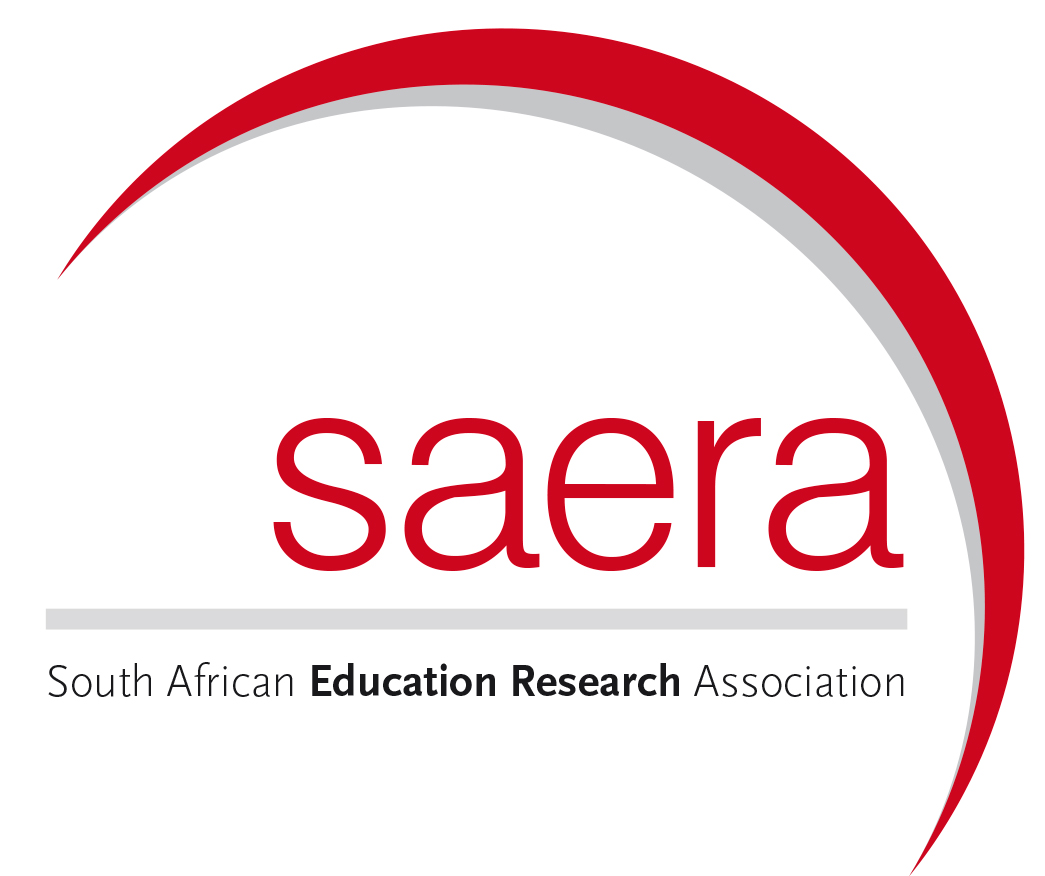Original Research
Optometry students’ experience of online learning during the COVID-19 pandemic
Submitted: 25 November 2022 | Published: 20 July 2023
About the author(s)
Davina Govender, Department of Optometry, Faculty of Health Sciences, University of KwaZulu-Natal, Durban, South AfricaTarryn Pillay, Department of Optometry, Faculty of Health Sciences, University of KwaZulu-Natal, Durban, South Africa
Nandipha Maci, Department of Optometry, Faculty of Health Sciences, University of KwaZulu-Natal, Durban, South Africa
Nokukhanya Vilakazi, Department of Optometry, Faculty of Health Sciences, University of KwaZulu-Natal, Durban, South Africa
Snenkosi Mthethwa, Department of Optometry, Faculty of Health Sciences, University of KwaZulu-Natal, Durban, South Africa
Umar Mansoor, Department of Optometry, Faculty of Health Sciences, University of KwaZulu-Natal, Durban, South Africa
Zweli Manquzi, Department of Optometry, Faculty of Health Sciences, University of KwaZulu-Natal, Durban, South Africa
Diane van Staden, Department of Optometry, Faculty of Health Sciences, University of KwaZulu-Natal, Durban, South Africa
Abstract
Optometry education, like other health professions, has historically been conducted via contact teaching and learning in classrooms, clinics and laboratories. In 2020, COVID-19 imposed an abrupt move to online learning for higher education institutions. This was performed with little insight into the feasibility and readiness for its adoption within certain contexts, as well as the potential impact on learning. This qualitative descriptive project purposively recruited a representative sample of 30 optometry students from a South African university to explore their experiences of online learning during the COVID-19 pandemic. Data were collected using focus group interviews. The data were audio-recorded, transcribed and analysed thematically. Four themes emerged from the research, namely; learning how to learn online, need for social support, technology dependent, and authentic learning. The key challenges observed were difficulty in transitioning to online learning, independent learning, and not having reliable access to internet connectivity. Gaps in clinical skills resulting from restricted access to contact training and real-world clinical exposure negatively impacted competency development.
Contribution: Pandemic disruptions to routine academic programme activities within higher education institutions have the potential to negatively impact the learning experience for students where institutions and/or students may be unprepared or under-resourced to support such a shift. The results of this study further suggest that exposure to real-world clinical contexts for optometry students should be enabled even under pandemic conditions to promote the development of clinical competencies needed for effective healthcare delivery. Finally, remote online assessments must be designed to support authentic learning so as not to compromise exit-level outcomes, skills and competencies.
Keywords
Sustainable Development Goal
Metrics
Total abstract views: 1917Total article views: 1503
